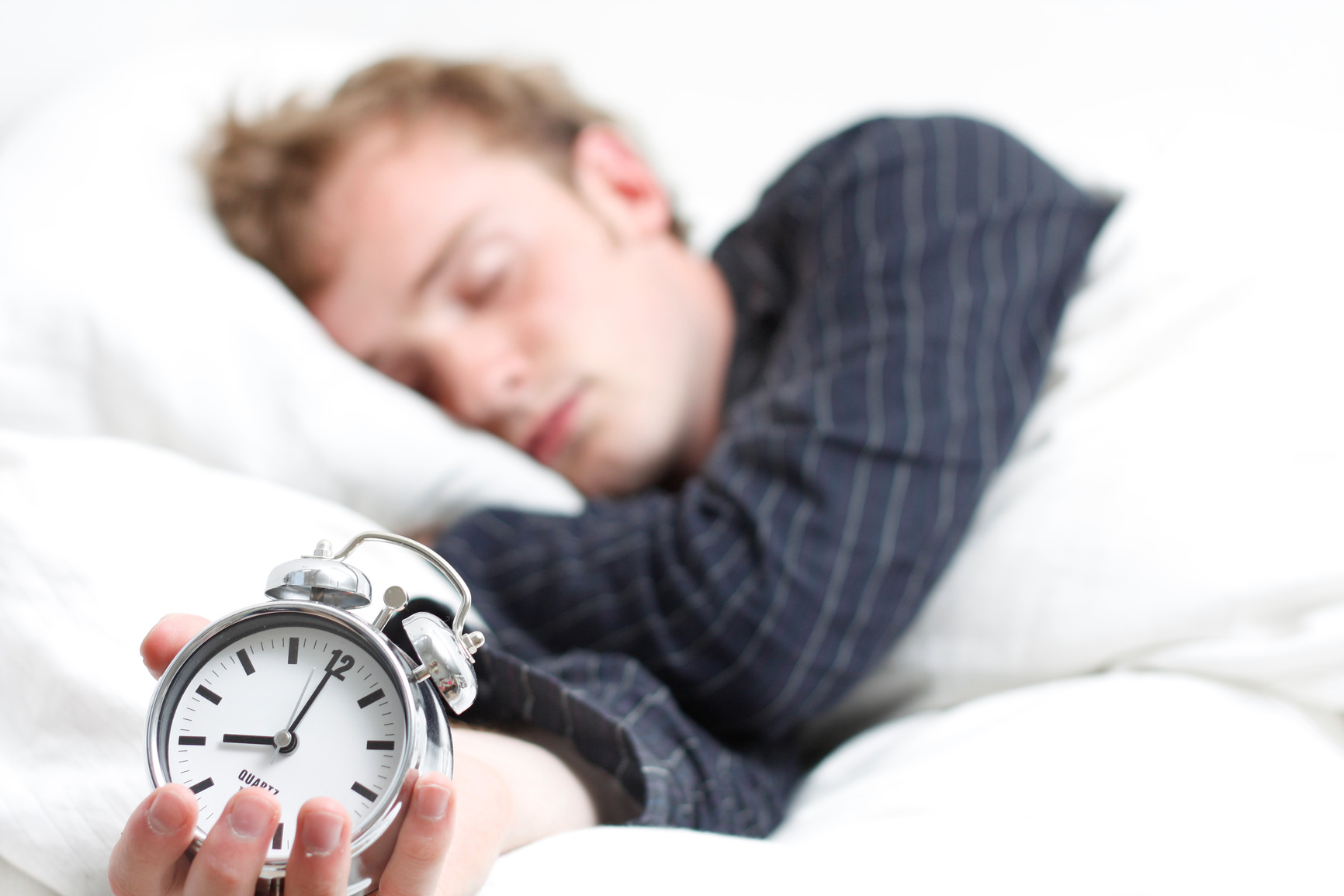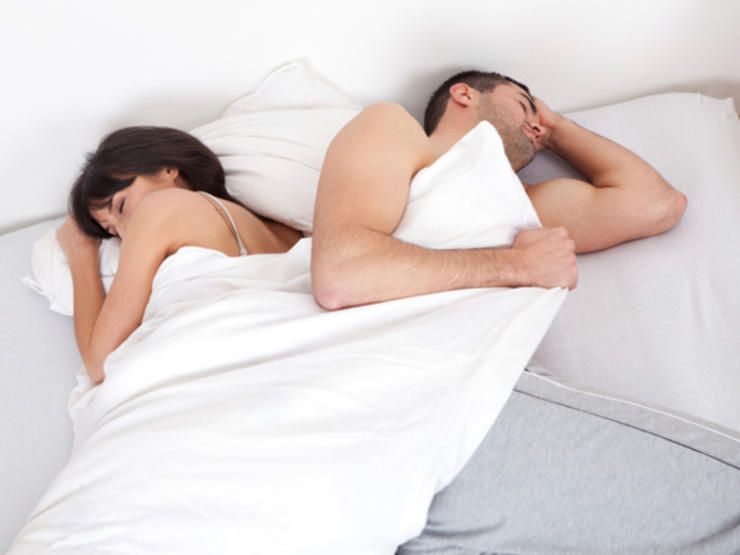Sleep is such an important part of your overall health, but sometimes one of the most difficult to manage! Lack of sleep is often used as a torture technique, yet many of us are consistently deprived of the sleep our bodies need and we wonder why we are irritable, suffer from constant fatigue, or lack the energy to get things done. Here are some tips to help smooth out your sleep routine, to get the best sleep possible!
You snooze… you lose…sleep
You set your alarm to wake up in the morning, but hit snooze multiple times before getting up. That light sleep you’re getting between snoozes is not helpful if you want to wake up feeling well rested and could even be throwing off your whole sleep cycle. Consider setting that alarm at the time you need to get up and ditching the snooze button in order to maximize your deep sleep time.

And while we’re on the topic of alarms…. do you need to set yourself an alarm to GO TO BED? Do you consistently stay up too late at night rather than getting to bed at the proper time to get your full night? Maybe you should consider setting a bedtime alarm, with enough time to wrap up what you’re doing and get yourself to bed at the right (and same) time every night. Its really good to keep the same schedule even on the weekend if possible, to help set the body’s rhythm.
Good sleep doesn’t just happen by accident
In order to have the best odds at a good length of quality sleep, you need to be a little proactive. There are a few things you will want to avoid as bedtime approaches in order to prepare for a better sleep, and some things you may wish to incorporate into your daily life in order to promote healthier sleep habits. Some may be quite obvious and some maybe less so, but all are worth addressing.
DON’T
Alcohol and drugs – avoid alcohol when possible in the evenings, as even just one drink can interfere with your body’s ability to reach REM (deep) sleep! Other drugs including nicotine are also known to have negative impacts on sleep, as well as your overall health.
Caffeine – if you’re having troubles falling or staying asleep, its best to avoid caffeinated products past say 4pm so that you can be sure the caffeine isn’t a culprit in keeping you from your precious sleep.
Electronics – its been said a lot of times, but often we still don’t listen. But your TV, tablet or phone is sending signals to your brain to be awake and alert, NOT signals to power down for bedtime. It’s best to power those devices down and/or keep them out of your bedtime routine.
Eating a heavy meal – if you’re starving right before bed, you should definitely have a small snack so your growling stomach doesn’t keep you from your slumber. Just be aware of what and how much you’re eating, choosing foods that are easy to digest and won’t give you any extra stomach upset (think carbs, rather than high fat or high protein which are more difficult to digest).
Exercising too close to bedtime – while exercise is excellent for improving sleep, sometimes exercising too late in the evening can result in extra endorphins which could impact your ability to fall asleep. Try to finish your exercise regime at least a couple of hours before bedtime.
Avoid excessive napping – Unless you’re an infant or toddler, keep daytime naps to a 30 minute maximum and avoid snoozing too close to your planned bedtime in order to reduce impact on your nighttime sleep .
DO
Of course there are some things you SHOULD do to improve your chances at a great sleep routine too:
Get active – Even a little exercise each day has been proven to improve the quality of your sleep significantly. Add activity to your daily lifestyle and you’ll use up any restless energy, feel great, experience more refreshing sleep!
Have a bedtime routine – This is not just for kids! Even as an adult you should set your bedtime routine for each night and stick to it as closely as possible. Try to complete tasks needing to be done before you go to sleep early in the evening so they are not hanging over your head and pushing back your bedtime.
Get relaxed – how you relax will differ from person to person, but a few ideas include a warm bath, deep breathing, meditation or prayer or some aromatherapy (ie. lavender) to help with the transition from the busyness of the day.
Write down your thoughts – if you have trouble turning off your brain, and have a constant running to-do list or worries, you may wish to have a notebook on your bedside table to write things down. Often we continue to worry about things or mull them over because we worry we may forget about them, so writing them down allows you to put it out of your mind until you can revisit at a more appropriate time.
Take a look at your sleeping environment 
Keep your bedroom dark – as dark as possible (even the glow from your alarm clock could be troublesome) or wear a sleep mask to help keep the light out.
Keep your bedroom cool – this one is about finding the right balance, but typically a few degrees cooler at night can help you keep comfortable while sleeping.
Keep your bedroom quiet – try to avoid having any noises present that might distract you from falling or staying asleep, but if you’re a super light sleeper you may wish to consider using some white noise to help block out any distracting noises you cannot avoid.
Keep your bed for sleeping – research shows that if you have issues sleeping, you should avoid using the bed for anything other than sleeping or sex. Even reading in bed may not be the best idea if you have troubles falling asleep. If you’re having trouble falling asleep, sometimes it is best to get up and go to another room and return to bed when you are ready to try again.
Keep your bed to yourself – Ideally your bed is also free from pets or children who also interrupt your sleep, and their access for cuddling is limited to times when you are awake.Sometimes you may wish to use separate blankets if you’re unable to sleep alone.
Assess the fit of your bed and pillows – Is your mattress old and needing to be replaced? How about your pillow? Is your bed long enough for you to get comfortable?Your body and needs for a comfortable mattress changes over time, so these things can be worth taking a look at.
Sleep well and wake up feeling refreshed!
 If it seems like there are a tonne of factors to worry about when getting a good night’s sleep, you’re right. Our bodies are intricate and amazing, so it takes a lot of work to get them running at optimum health. Don’t stress so much that you’re losing sleep, but considering that incorporating just a few small changes might make all the difference to your sleep quality and routine!
If it seems like there are a tonne of factors to worry about when getting a good night’s sleep, you’re right. Our bodies are intricate and amazing, so it takes a lot of work to get them running at optimum health. Don’t stress so much that you’re losing sleep, but considering that incorporating just a few small changes might make all the difference to your sleep quality and routine!
What one thing can you change to start improving your amount or quality of sleep tonight? What is one tip for improving your routine or sleep quality that you’d like to share? Please share your thoughts or comments below and have a great refreshing sleep tonight!
xoxo, Christy




